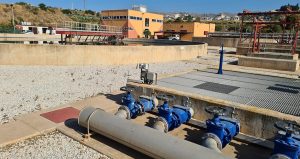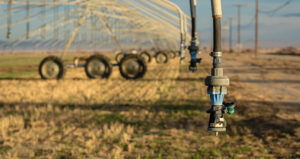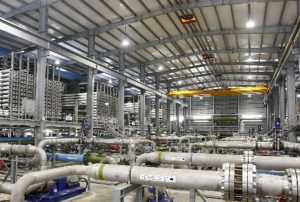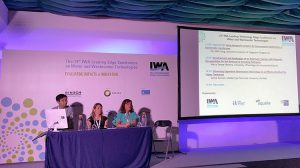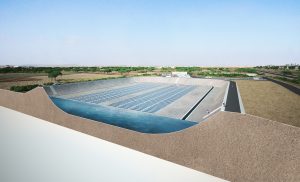Cyprus: Ceremony for MBR wastewater plant for irrigation
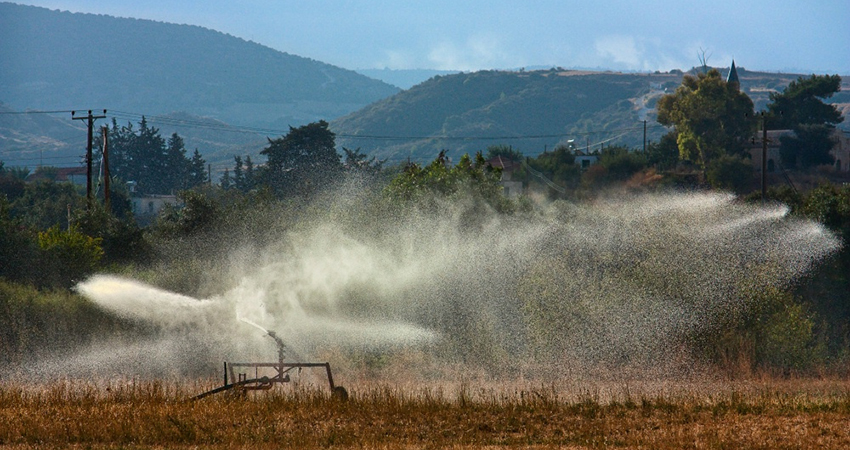
-
 Editorial Team
Editorial Team
Share article:
MBR wastewater treatment plant for irrigation inaugurated. The European Commission and the United Nations Development Programme (UNDP) announced the completion of the project for the new bi-communal Nicosia Wastewater Treatment Plant. The new wastewater treatment plant was officially commissioned on 8 April in the presence of representatives of the Turkish and Greek communities in Nicosia. A symbolic action consisting in unveiling of the plaque and watering of olive trees with treated water from the plant will follow.
The project – with a total budget of approximately 29 million EURO – was jointly funded by the Sewerage Board of Nicosia (70%), and the European Union under the Aid Programme for the Turkish Cypriot community (30%). The project was implemented by the United Nations Development Programme in the framework of the Partnership for the Future (UNDP-PFF) Programme and was the biggest project carried out by UNDP-PFF in Cyprus.
Trial operations
The project represents an important example of bi-communal cooperation in Cyprus. The Nicosia Wastewater Treatment plant began operating in 1980. In 2003, it began facing environmental problems and the decision was taken to modernize the facilities. Work on the new, state-of-the-art plant began in March 2010 and it was put into trial operations in June 2013.
Water reuse for irrigation
The plant is equipped with membrane bioreactor (MBR) technology, allowing the annual treatment of more than 10 million cubic meters – equivalent to a population of 270,000 people. The environmental sound MBR-technology makes it possible for the effluent to be re-used for irrigation purposes. This is sufficient to irrigate over 500 hectares of land. Over 3,000 tons of dry solids produced by the plant each year are suitable for re-use as natural fertilizer. Additionally, the plant is partly powered by renewable energy produced from biogas.

